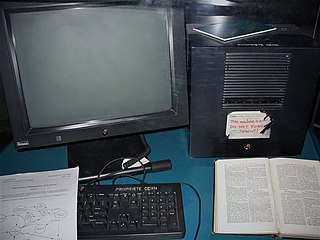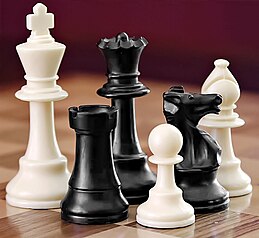
This post was written by Pat Hadley, Wikimedian in Residence at York Museums Trust
A volcanologist, watercolourist, botanist and forger….walk into a bar? No, in this case the unlikeliness of our characters was not the set up for a bad joke. In fact, we had an even larger cast of York’s luminaries as the focus for our Wikipedia edit-a-thon at the Hospitium on March 16th. This public event was the culmination of my role as Wikipedian-in-Residence; a sixth-month residency helping the trust to share its collections through the online encyclopedia.
16 keen participants and eight members of YMT staff gathered on a surprisingly spring-like Sunday with the aim of improving content on Wikipedia – the world’s sixth-most popular website – using content from the collections and archives of the Trust. The event attracted keen York historians, experienced Wikipedians and those new to both. Curators had prepared lots of resources, participants brought their laptops and we had plenty of tea and biscuits to fuel us through the day. Groups spontaneously gathered around articles they wanted to tackle and could get help with resources or the technicalities of editing.
The day was themed around the lives and work of York’s luminaries who lived between 1800-1950. We were fairly broad with our definition though and wanted to encourage people to document some of York’s lesser-known figures. These included:
- Mary Ellen Best – A key female Victorian artist. Best painted domestic interiors, in contrast to many of her contemporaries. Best has a number of works in the York Art Gallery but had no biography on Wikipedia until the edit-a-thon. A few days later, her article featured in a Did you know? on the front page of Wikipedia, creating 3500 views!
- Walter Harvey-Brook – Was the Yorkshire Museum’s honorary curator of Medieval Archaeology and designed much of the Museum Gardens. Brook’s paintings, sketches and archaeological notes are key parts of the collections. His article was created during the edit-a-thon.
- Tempest Anderson – Volcanologist, doctor, adventurer. Anderson’s images have been uploaded by the museum for use on Wikipedia. Some of his best are now available to use. His biography was significantly updated.
- Edward Simpson – less of a ‘luminary’ Simpson was an itinerant archaeological forger known as ‘Flint Jack’. His biography was substantially improved during the edit-a-thon
Click through here for a full report of the day’s edits.
It was great to have curators on hand to help with references and context for these topics. After lunch, they also treated us to talks and handling sessions with some fascinating artefacts and information. Though we got a huge amount done, these made it clear how much more fantastic stuff there was in the collections and archives at YMT. There’s plenty of scope for going much further!
Everybody had a great day and we’re really hoping that we can get together again soon to make even more improvements and that more people have the confidence to continue editing in their own time. Maybe we could have another theme next time? We’d love to have more people along – so perhaps your ideas will help share the next set of unusual suspects across the world!














